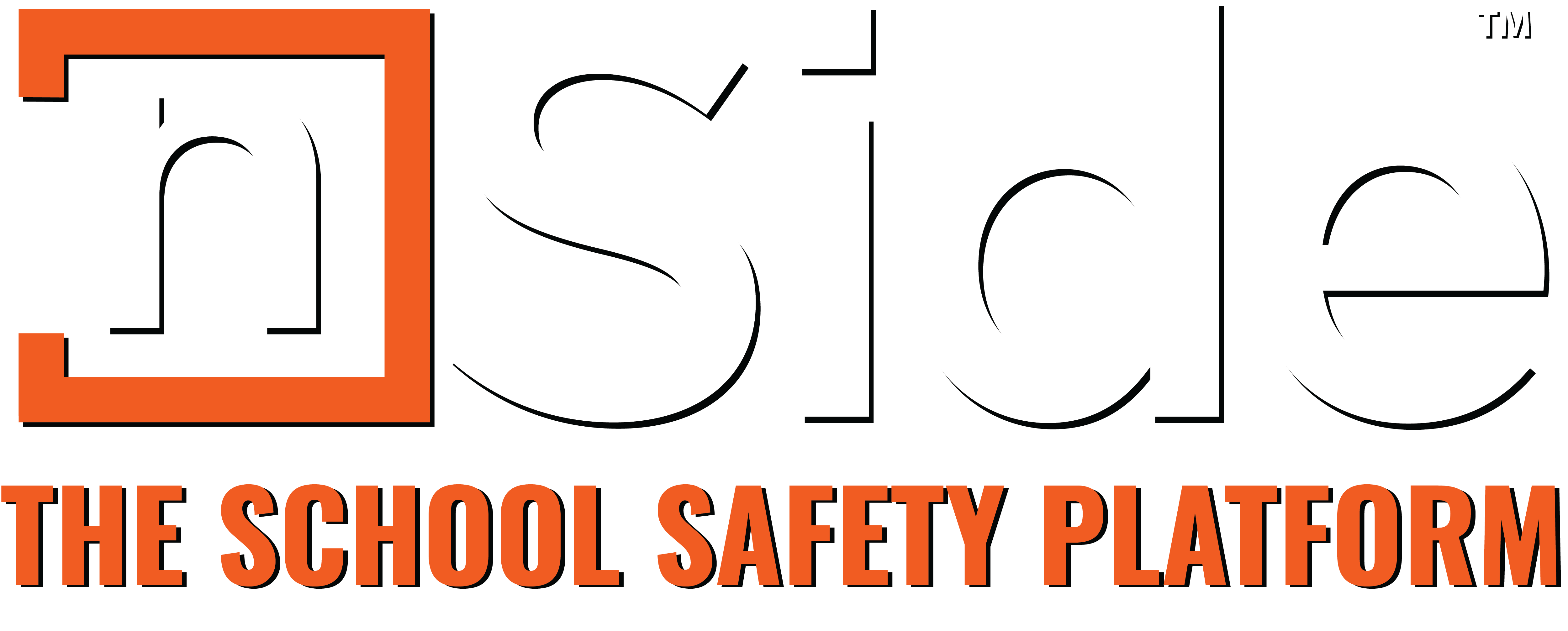This funding opportunity aims to support school safety by implementing solutions to enhance school climate, establish school-based behavioral threat assessment and intervention teams to identify violence risks, introduce technologies like anonymous reporting tools, and apply other evidence-based strategies to prevent violence.
This funding opportunity aims to support school safety by implementing solutions to enhance school climate, establish school-based behavioral threat assessment and intervention teams to identify violence risks, introduce technologies like anonymous reporting tools, and apply other evidence-based strategies to prevent violence.



